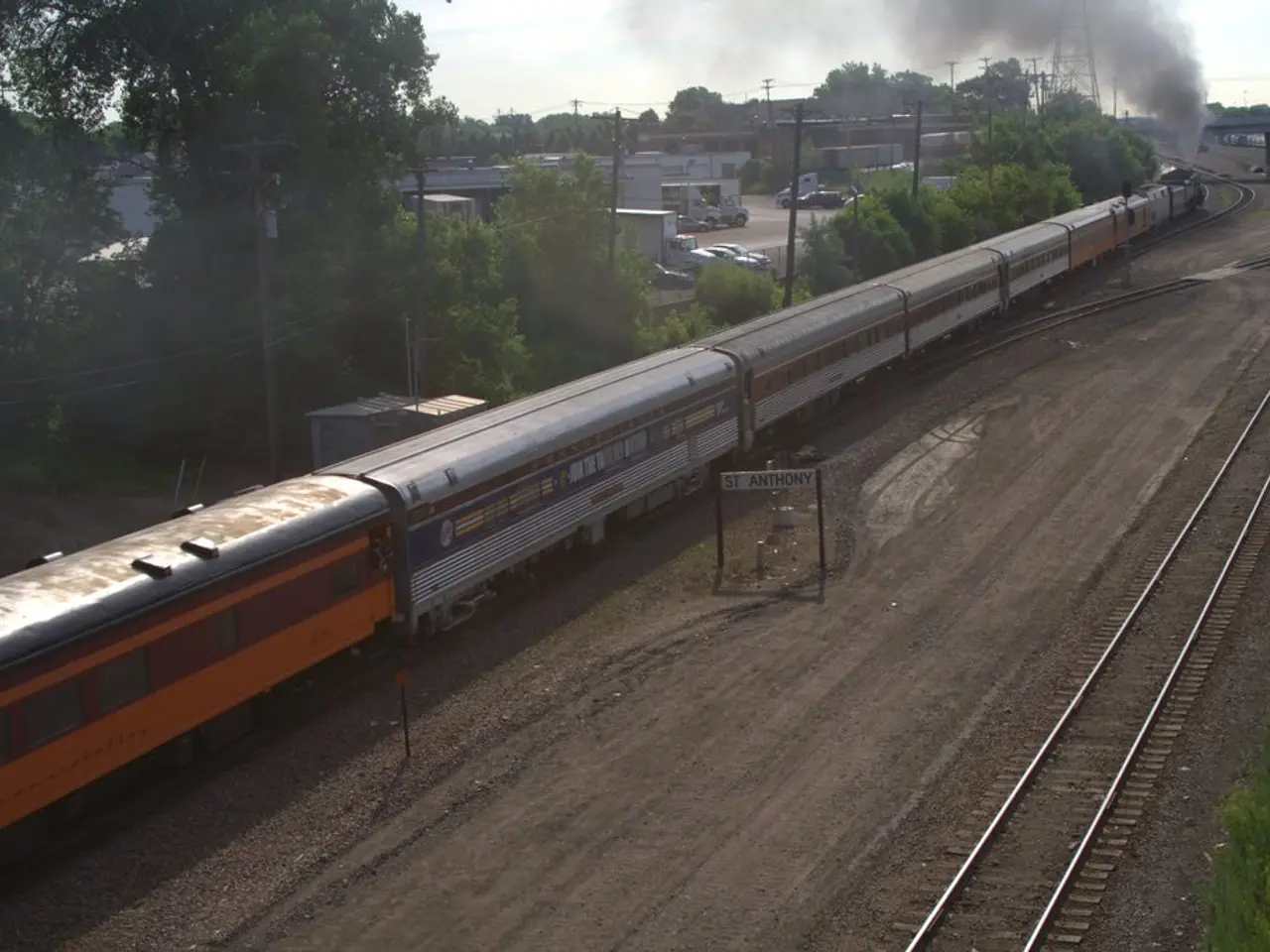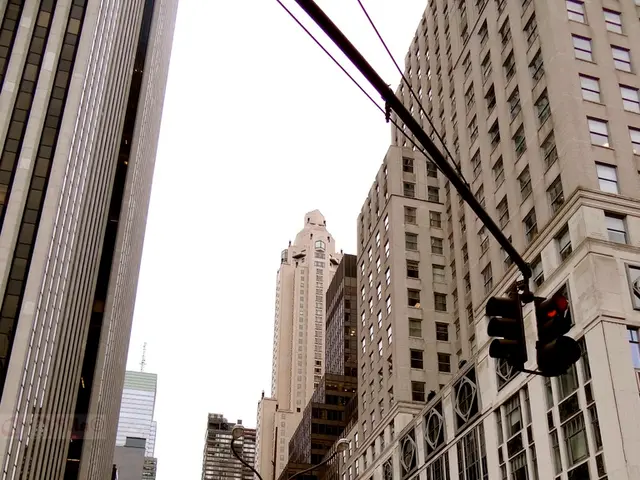Baden-Württemberg primarily relies on burning fossil fuels for heating purposes.
In the southern German state of Baden-Württemberg, a significant shift towards renewable energy sources for heating new buildings is underway. Here's a snapshot of the current landscape and the future plans aimed at achieving climate neutrality by 2040.
According to recent data, districts such as Lörrach and Tübingen have seen around 33% of their new buildings heated with gas in 2022. However, the state as a whole had the second-highest share of heat pumps at around 6%, trailing behind Bavaria. Oil heating was particularly prevalent, accounting for approximately one third of all residential buildings.
The Building Energy Act, enacted in 2024, mandates that new buildings in new development areas must be heated using at least 65% renewable energy or waste heat. Buildings outside these areas will be required to comply from 2026 or 2028, depending on the size of the municipality.
Despite these regulations, buildings completed in 2024 may not be subject to the Building Energy Act, as most applications were submitted before the January 2024 deadline. In 2024, 75% of newly built residential buildings in Baden-Württemberg were equipped with heat pumps, with an additional 9% heated with district heating.
The state aims to be climate-neutral by 2040, banning oil and gas heating in the process. Fritz Mielert, an environmental protection officer, believes that this goal is achievable but requires cooperation from various parties. He also calls for fixed rules on when the sale of natural gas should no longer be permitted and a ban on operating fossil heating systems from 2040 onwards.
The impact of the Building Energy Act will only be visible in the figures for 2025. In the meantime, municipalities in Baden-Württemberg are implementing measures from their heat plans to achieve climate neutrality. These measures include the construction of new heat networks, citizen consultations, and public building renovations.
It's worth noting that Baden-Württemberg is responsible for more than one fifth of greenhouse gas emissions due to building heating. The higher share of oil heating in the state could make the transition to renewable energies easier due to the absence of a gas network that needs conversion.
Hybrid heating systems, which can be supplemented with biogas or hydrogen, can still be installed. District heating accounted for only 5% of heating in Baden-Württemberg in 2022, with Mannheim, Ulm, and Heidelberg being the only cities predominantly using it for heating in new buildings.
In Baden-Baden, 13 out of 34 newly built houses were heated with gas, making it the district with the highest percentage of gas heating in Baden-Württemberg. Specific cities or municipalities with the highest number of new buildings equipped with natural gas heating in 2024 are not explicitly identified in the available data, but natural gas was used as the second most important primary energy source in about 20.1% of new buildings in the region in 2023, indicating its continued significant role there.
The Building Energy Act is currently being revised by the federal government, and the future of energy heating in Baden-Württemberg remains an evolving story. Environmental groups such as BUND continue to advocate for stricter regulations to accelerate the transition towards renewable energy sources and achieve the state's climate neutrality goal.
Read also:
- "The imperfect yet essential documentary, "Planet of the Humans," raises challenging and uncomfortable inquiries"
- Exciting Escapades of Tintin
- More than half of British homes adhere to insulation standards established during the 1970s.
- While Éowyn's storm caused a massive €301 million in damages, fossil fuels maintain their position as the leading power source.








